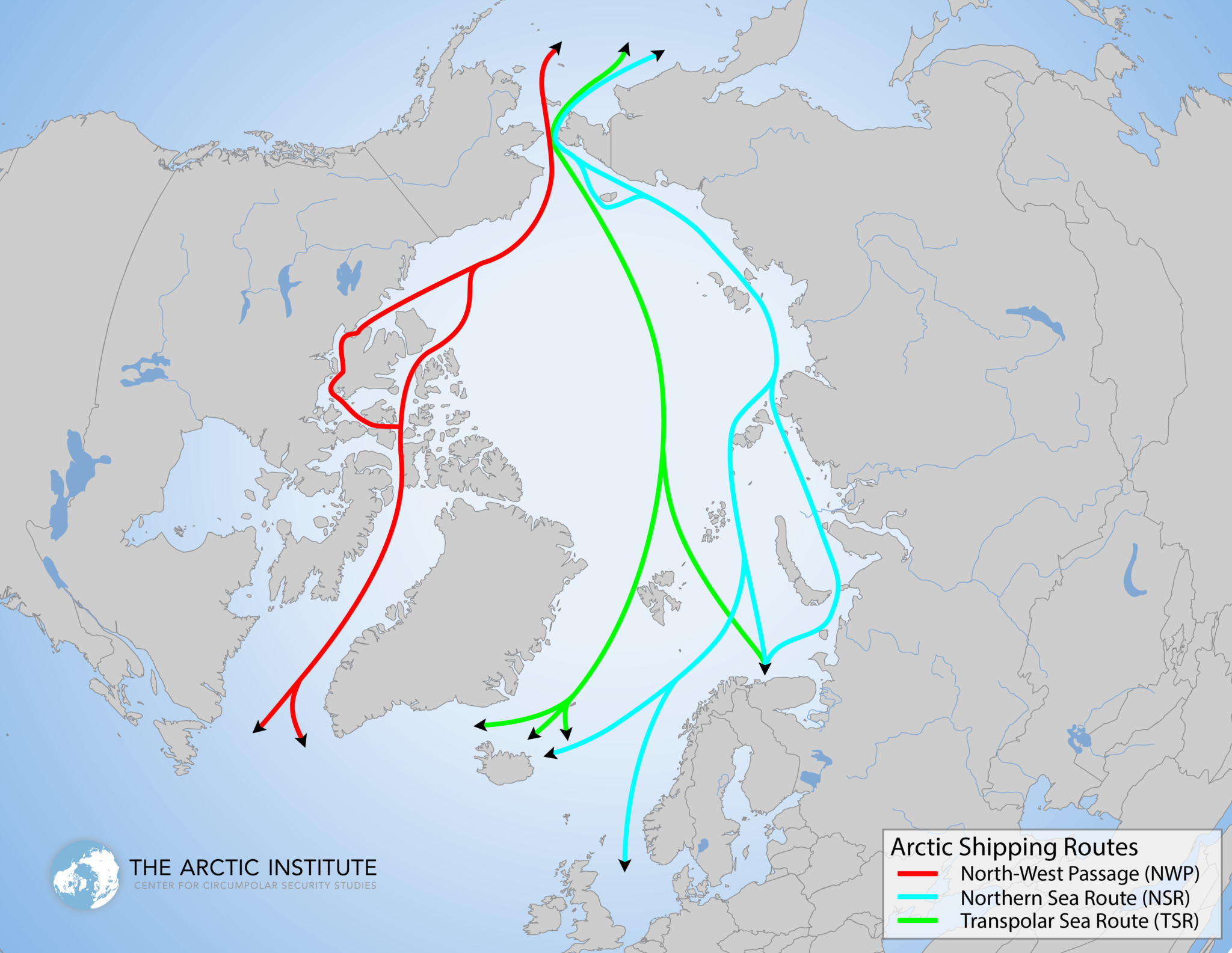The theory goes that if you drop a frog into a pan of hot water, he’ll immediately jump out. But if you drop him into a pan of cold water, then gradually turn up the heat, he’ll swim and swim, contentedly, until – well, until you’ve got frog-legs for supper.
Supposedly, scientists actually wasted time in the 1800s determining whether there was any truth to this story. In point of fact, however, it doesn’t matter whether there’s any truth to it: the story of the frog and the pan of cold water is usually told as a lesson about paying attention to change.
Human beings are amazingly adaptable. There are humans living above the Arctic Circle wearing six layers of clothing, and humans living at the equator wearing nearly nothing. The Ecuadorians don’t complain much about the heat, and the Inuit don’t seem to mind the cold.
The problem with this adaptability is that, like the proverbial frog, serious problems can – and do – sneak up on us. Take climate change.
At the end of the summer of 1985 the icecap on top of the world was about the size of the lower 48 states. If you’d had a car that could take that kind of abuse you could have driven the equivalent of Los Angeles to New York on solid ice. At the end of August 2012, your icy road trip from L.A. would have melted away before you reached the Mississippi.
At the end of the summer of 1985 the icecap on top of the world was about the size of the lower 48 states. If you’d had a car that could take that kind of abuse you could have driven the equivalent of Los Angeles to New York on solid ice. At the end of August 2012, your icy road trip from L.A. would have melted away before you reached the Mississippi.
In 2009, two reinforced German freighters followed a Russian nuclear-powered ice-breaker across the ‘Northern Passage’ from Europe to a port on the north coast of Siberia. It was the first ever commercial use of the Northern Passage.
In 2012, 46 commercial voyages went across the top of the world from Europe to the Pacific coast of Asia.
In 2013, the first-of-its-kind voyage of a normal, non-reinforced container ship from China traveled north into the Arctic Ocean, then west along the top of Russia, on its way to Rotterdam, Netherlands. Most container ships bound from China to Rotterdam have had to head south, then west through the Indian Ocean, through the Suez Canal, across the Med, then north past Portugal, Spain, and France.
The Chinese company that put the trip together saved over 15 travel days, used nearly one third less fuel, and saved $200,000 in fuel and the Suez Canal fees.
In the summer of 2023, 42 ships passed across the northern route above Canada. Russia doesn't report how many ships use their northern route, but it is known that they are investing heavily in ice-breakers to extend the summer shipping season.
An organization that tracks nautical miles traveled by ships above the Arctic circle says that from 2013 to 2023, that travel more than doubled, from 6.1 million miles to 12.9 million nautical miles.
By the summer of 2023, nearly 400 ships had sailed the Northwest Passage over the top of Canada. It is estimated that by 2040, pretty much any ship that wishes to will be able to sail above either Canada or Russia for four months out of the year.
Hooray for global warming, right? Well... How about, When life hands you lemons, make lemonade? That doesn’t seem to be the right sentiment, either.
Actually, the world seems to be behaving more like this quote:
If you have fallen off a building, you can kick and scream all the way down or you take the opportunity to look in the windows as they go by.
Like the frog in the pan not noticing the heat, an awful lot of folks don’t seem to notice that their window shopping is speeding up.
Bill K. Underwood is the author of several books, all available at Amazon.com. You can help support this site by purchasing one of his books.



No comments:
Post a Comment